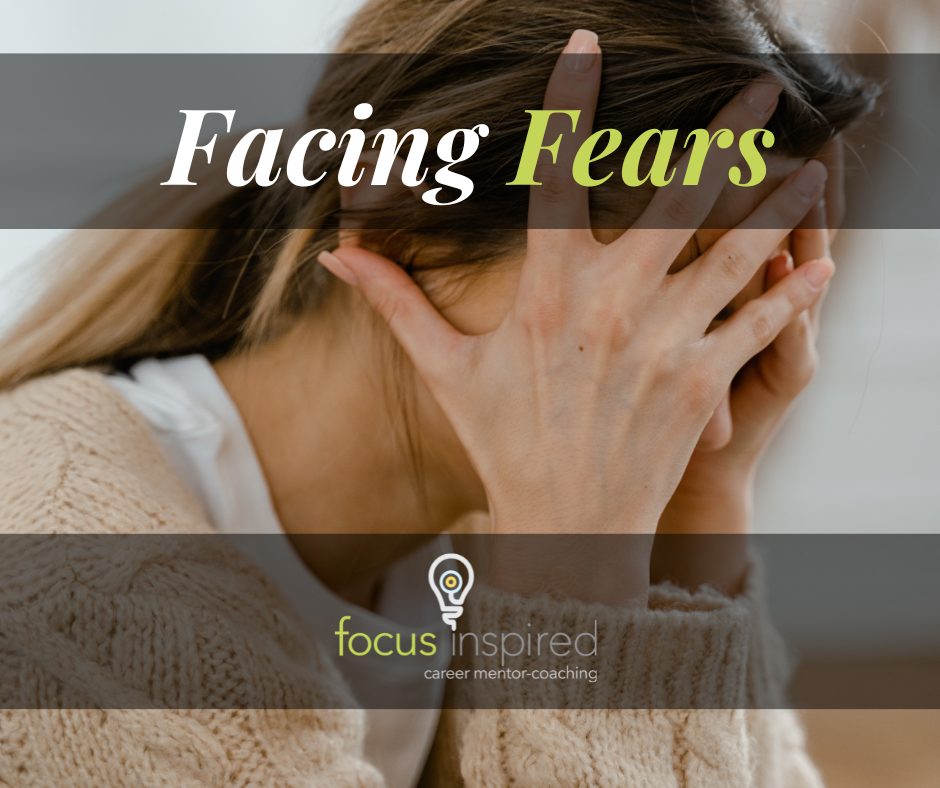
Facing Fears
If you’re a human being, you have a fear. Nobody is fearless, for if you were, I’d be very concerned about your instinct for self-preservation! Although people have fears for very good reason (probably not a good idea to fight a bear with your bare hands!), there are some fears which are in fact harmless if you manage to overcome them.
Let’s take public speaking as an example of this. For a great many people, you can’t help but feel anxiety when speaking in front of a large group of people. Your brain is logically telling you that nothing is going to kill you when you go up in front of all those people, and yet you still feel paralyzed when thinking about doing it. Performance anxiety is a very real thing, and chances are high that you know multiple people who have the same issue. In fact, if you are reading this article, it’s now a certainty, for I used to have a lot of trouble in public audiences.
The thing is, there are strategies you can use to help alleviate much of the impact of your fears, and sometimes, you can even remove the grand majority of the feeling entirely. I no longer feel anxious to the point of being unable to speak to a large group of people, even if I do sometimes have it come back sometimes in minor ways.
Here are some of the ways I think can help you adjust your mindset and face your fears.
1. Break down WHY you feel the way you do.
This takes some introspection and a little bit of self-awareness, but if you can pinpoint your feelings and determine the root cause of your fears, that is something that you can tackle head-on. For me, I determined that my fear of public speaking was the fear of sounding stupid when I spoke, or that people wouldn’t actually want to listen to what I had to say. By understanding that, I was able to focus in on how I could minimize those feelings. Coming to terms with the fact that I had put in a lot of effort into what I was going to say and that there was a reason why people were listening to me in the first place gave me much of the confidence I needed to push forward. Then, when I felt more confident, it came out in my speech as well, and people could feel that and were more engaged.
2. Start small and work it up to something bigger.
See if you can find your “butter zone” where you’re just on the edge of feeling comfortable. If it’s the fear of heights, see how high you can be before your fear is triggered. If it’s speaking in front of large crowds, find the number of people where you’re just starting to feel anxious. Chances are, if you are able to practice just on the edge of your comfort zone, you will expand that comfort slowly but surely with each repetition. In order for this to work, you must be honest and forgiving towards yourself, because nothing good will come of you getting mad at yourself for getting scared at what you might consider to be a low bar. Be patient and your results will follow.
3. Be honest and open with your friends and loved ones.
If your friends are truly your friends, they will not make fun of you for wanting to better yourself and will likely be very accommodating of your fears. If you express to them that you would like to work on yourself by working through your fears with them, chances are there will be someone who will be there to help you. The people you care about are there to help you just as much as you are there to help them. Your support system is a very valuable tool that can help you move past your fears much faster than if you had tried to do it alone.
Did you have a fear that you were trying to overcome? What strategies did you use to make progress? We’d love to hear from you!
Follow:Share: